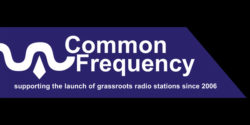Monday, June 11 was the day the FCC’s repeal of the Open Internet Order took effect. That means federally mandated network neutrality is over. Internet service providers are now free to throttle or block specific sites or services, or to offer paid prioritization to others, with the only proviso being that they disclose it. (For […]







